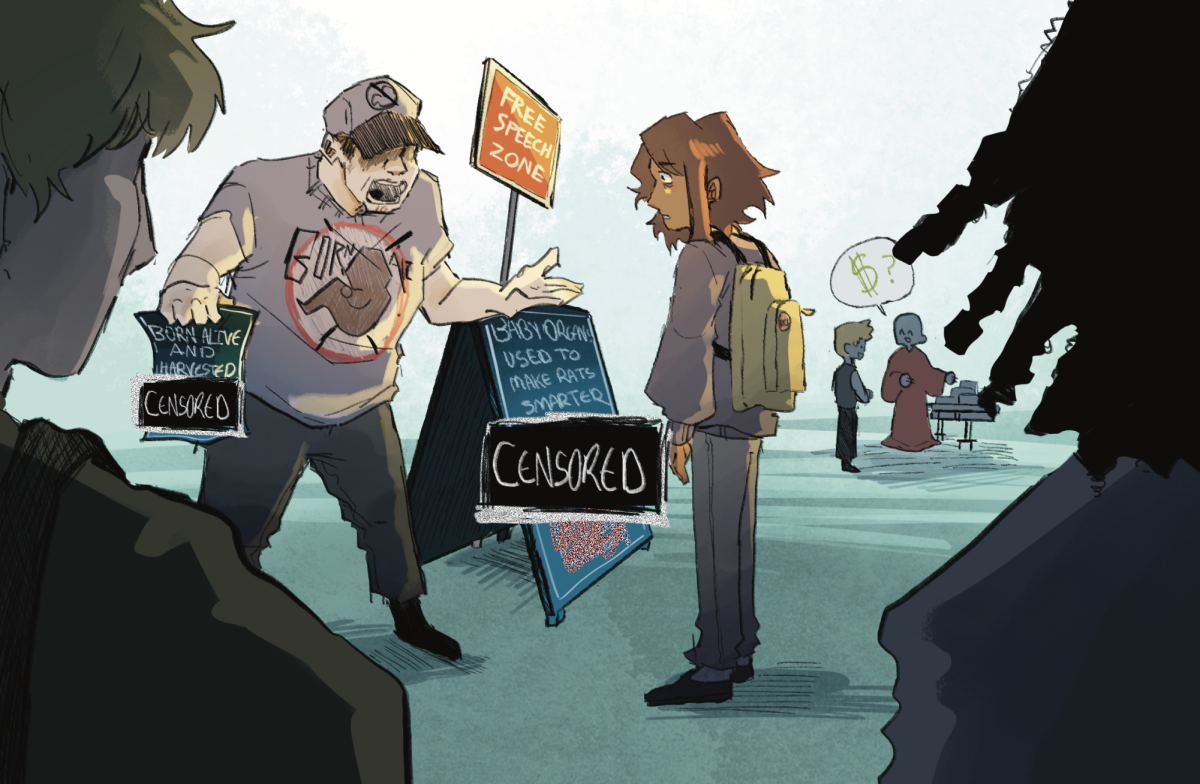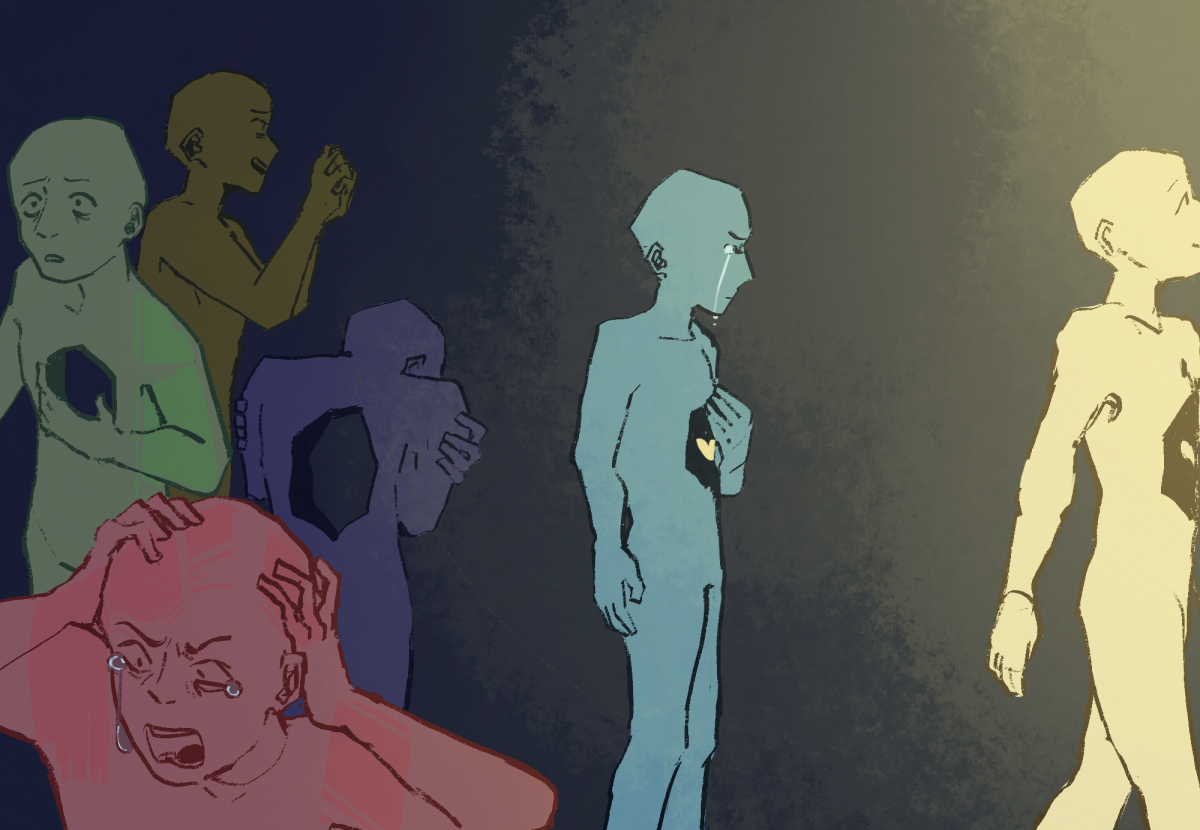By
Everyone knows that to teenagers, everything is ramped up to life or death proportions. However, no one expects those words to be taken literally.
In September, there was a rash of teenagers committing suicide due to bullying. The victim’s ages ranged from 13 to 18, spanning junior high to college.
While dealing with bullies has always been a part of growing up, the Internet has made it a more pervasive problem, because bullies can feel free to harass other students while protected by the anonymity the web provides.
The recent case of Tyler Clementi, a freshman at Rutgers University, has once again shined a light on this ongoing problem.
Clementi jumped off of the George Washington bridge after a sexual encounter between him and another man was recorded and posted on the Internet.
Clementi’s roommate and another student were arrested and charged with invasion of privacy, and investigators are examining whether they should also be charged with bias intimidation.
The tragedy of bullying is that its victims carry the scars with them for such a long time, often suffering in silence.
To teenagers, reporting bullying is out of the question because they can feel like it will make the problem worse. Plus, school administrators aren’t always the most understanding and no parent wants to believe that their child is the bully.
However, there is something seriously wrong when a 13-year-old feels like the only way out of their circumstances is by taking his or her own life.
That’s when it’s up to the grown ups to step in and set the right example. Unfortunately, lately the grown-ups have all been acting like children.
For example, Assistant Attorney General of Michigan Andrew Shirvell recently has been harassing Chris Armstrong, the openly gay student council president of the University of Michigan at Ann Arbor. Shirvell is an anti-gay advocate and has a blog where he slams Armstrong and what he perceives as his “radical homosexual agenda.”
Shirvell also has protested Armstrong on campus and outside his home. This has led to Armstrong filing an order of protection against Shirvell and his being banned from the University of Michigan campus.
In a CNN interview, Michigan Attorney General Mike Cox admitted that he considered Shirvell’s actions bullying, but wouldn’t fire him because he didn’t have cause.
If the top legal official in the state of Michigan won’t punish an obvious bully in his own office, what hope does that give 17-year-old Cody Barker of nearby Wisconsin, 15-year-old Billy Lucas and 14-year-old Caleb Nolt of Indiana, who all committed suicide in September after suffering constant bullying.
It tells them that no one will stand up for them and it empowers their tormentors.
While stopping bullying may not be perceived as high value cause like breast cancer or AIDS, the fact is there is an epidemic of young people who see no way out of their suffering and that is unacceptable.
The first priority for any civilized society is to protect their children and that means all children, even the ones who are different and prone to scorn.
If teenagers began dropping dead from a mysterious disease, the country would be in an uproar. But, because bullying is considered a part of growing up no one is holding any telethons for these young people.
It’s time to tackle this issue head on, because while one or two children lost is a tragedy, nine is an epidemic that can’t be tolerated and must be stopped.












